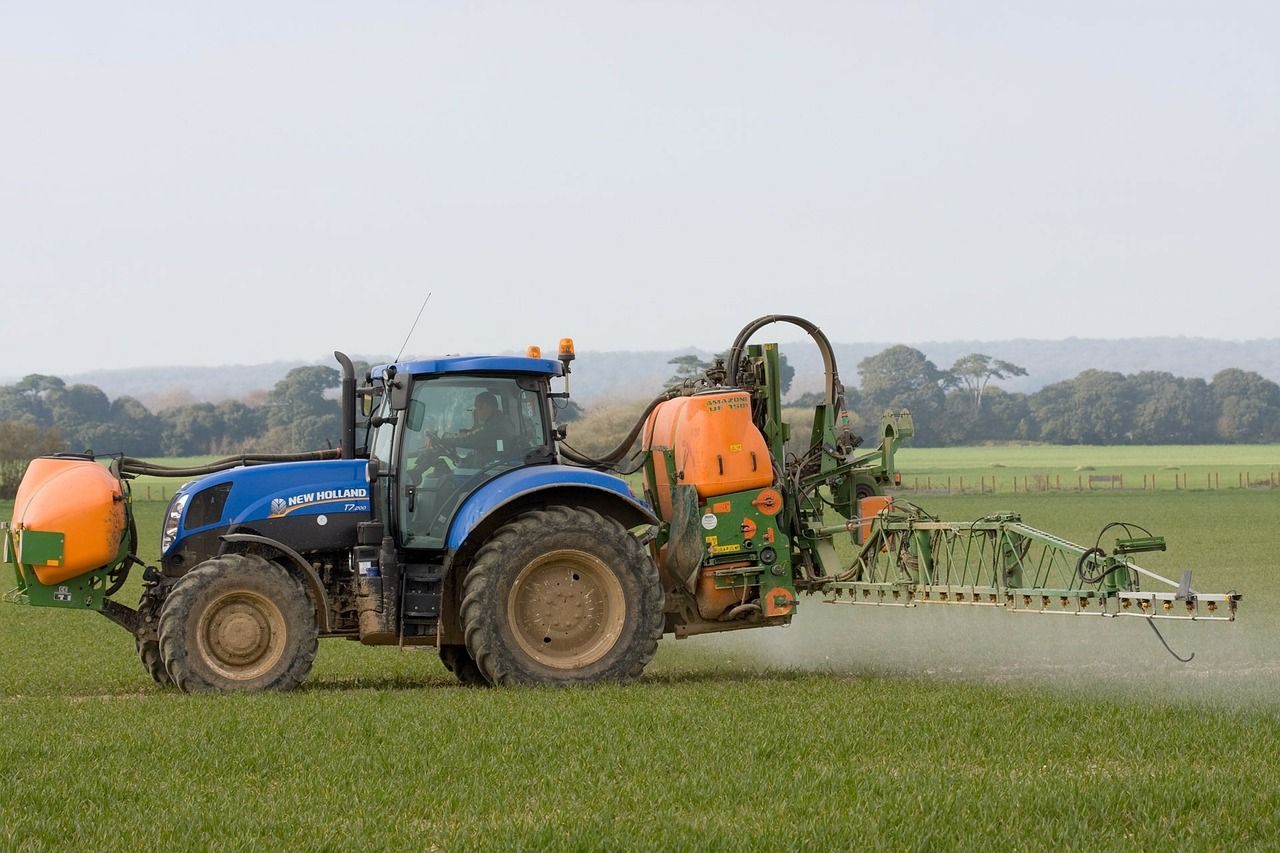AgriMetis, the crop protection spin-off from healthcare innovation firm Acidophil, has raised $23.5 million in Series B funding in an oversubscribed round led by Anterra Capital.
Joining the round and making a crossover investment from the healthcare space was RA Capital Management, the $1 billion healthcare investment firm. Alexandria Real Estate’s venture arm Alexandria Venture Investments was another new investor. All existing investors, including co-founding investors Acidophil and Syngenta Ventures, contributed to the round too.
AgriMetis is taking a unique approach to crop protection product development by focusing on “natural products” and developing active, pest-deterring ingredients from them by combing biology, synthetic biology, and chemistry. A natural product is a chemical compound or substance produced by a living organism, found in nature. Unlike biological control products, which apply unaltered microbes and bacteria to crops to deter pests, AgriMetis is altering and enhancing naturally-derived products through synthetic biology and chemistry. So they can be naturally-derived but synthetically discovered, or prepared by chemical synthesis, but delivered naturally through organisms.
By harnessing a virtual network of global researchers — AgriMetis contracts various research organizations and institutions — the startup identifies potential molecules for certain pest targets, some of which may have been abandoned by the large agribusinesses. It then works on creating viable products from them, combining biological transformations, such as metabolic engineering, directed evolution, or enzymatic catalysis, with traditional synthetic chemistry.
This approach to natural products came from Acidophil, according to Steve Tuttle, CEO of AgriMetis.
“Philip Goelet, our co-founder, was using a tech R&D approach at Acidophil by combining biology and chemistry to come up with hypotheses [new molecules] for the pharmaceutical sector,” he says. “He then partnered with Syngenta Ventures to apply this technique to agriculture to discover new chemistry for crop protection purposes.”
The similarity in this approach and strategy to pharmaceutical discovery appealed to RA Capital Management.
“We think innovation related to agriculture is best appreciated in the context of global human health and certainly should interest sophisticated healthcare investors who see the bigger picture,” said Peter Kolchinsky, portfolio manager & managing director of RA Capital Management.”
Currently, the company is working on an herbicide and an insecticide and will also use the Series B funding to advance pipeline research.
The route to market for natural products-derived products is the same as for regular ag chemicals in terms of regulations and approvals. But the cost of manufacturing can be lower, and the potency, spectra and performance against certain pests can be greater, argues Steve Tuttle, CEO of AgriMetis.
AgriMetis’s virtual research model also enables the company to shorten the time it takes to bring a product to market as AgriMetis can quickly test any promising hypothesis they present.
“The natural product chemical class offers enormous potential in crop protection. However, this potential has been largely limited by the complex combination of chemistry and biology required to produce marketable products,” said Philip Austin, founding partner at Anterra Capital. “AgriMetis’ R&D organization leverages cutting edge advances in organic chemistry and synthetic biology to solve the specific issues that have limited natural products in their journey to market.”
AgriMetis will not sell products itself but license its technology to the large chemical retailers to manufacture and distribute.
With the funding the company will also expand its internal team from 5 to 10 and its network of contract researchers. Tuttle joined the company in April 2016 as president and became CEO shortly after, replacing co-founder Goelet who stays on as a board member.





